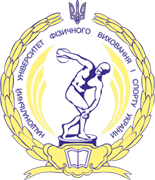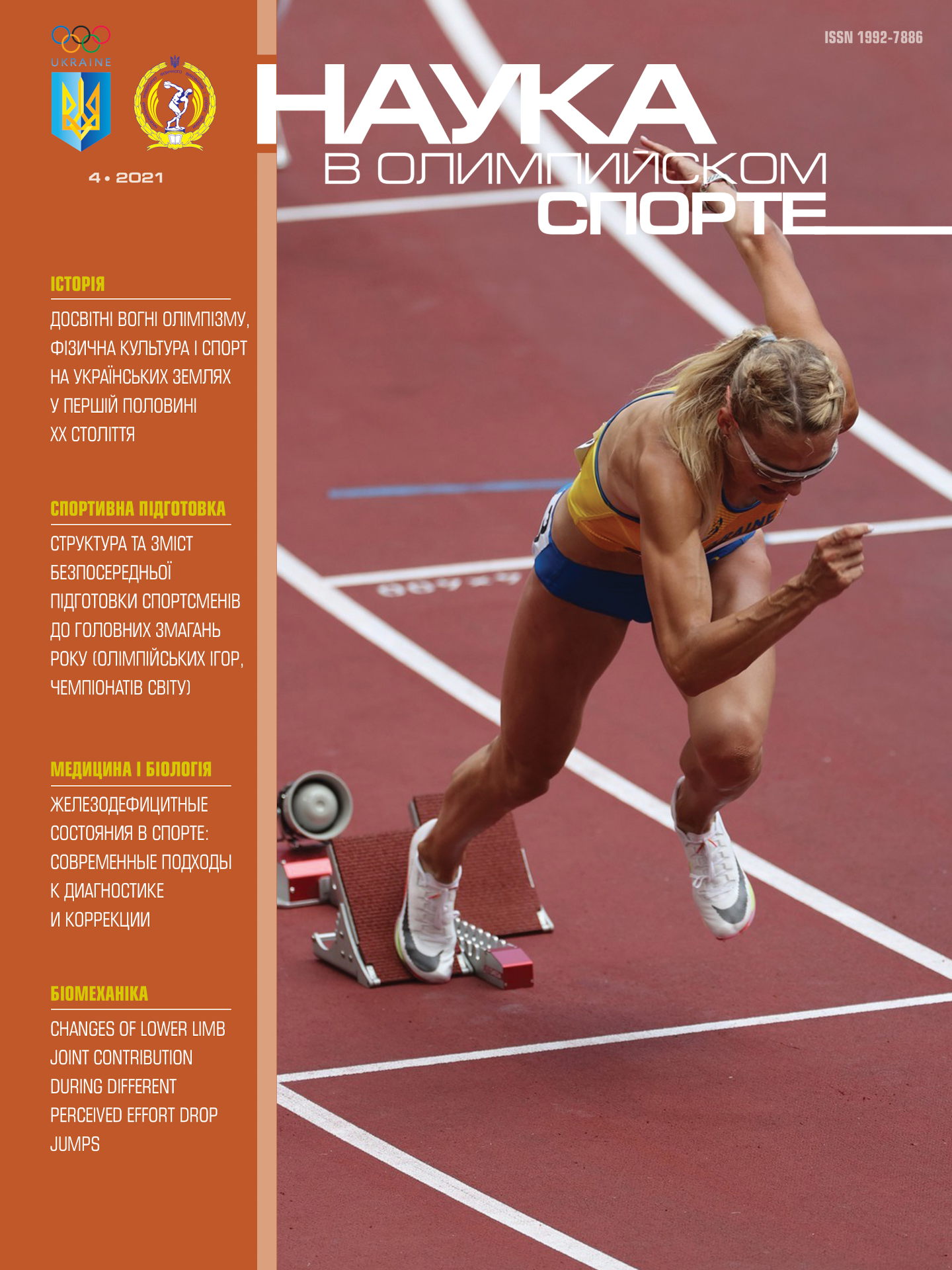Abstract:
Personal determinants of the formation of the functional image of a football coach during the work with the teams of various levels of skills Andrei Malinovskii, Tatiana Petrovskaia Relevance. Creation of an active and effective image of a coach helps to increase the athlete’s competitive performance, however the issue of the image of a sports coach remains poorly understood.
Objective. To determine the features of the structure of the professional image of a football coach during the work with the teams of various levels of skills.
Methods. A questionnaire survey of 96 football players and expert interviews, which enable assessment of the current image of 32 coaches of football teams, methods of mathematical statistics: of the SPSS modular software, correlation and cluster analysis.
Results. The individual psychological characteristics were identified, which shape the image of a football coach. The structure of the functional image of a football coach includes individual psychological characteristics, behavior and interaction, social status and education, appearance, special knowledge and skills. Significant personal determinants of the formation of a functional professional image of a coach during the work with football players of various age and experience are identified as follows: he is respected in sports and football environment, professional in his business; educated; purposeful and motivated by the result; focused and attentive in the process of training and competitions; ambitious; longing for victory; knows how to organize a team; is able to inspire others; is able to convey information to athletes; knows the methodology of teaching and training; loves children and works with young people. The growth of professionalism and an increase in the age of an athlete lead to diminished importance of the coach’s image components associated with the characteristics of interpersonal communication and increased significance of the characteristics of the status, attributes of external success, psychological and pedagogical skills of the coach. There was found no significant correlation between the age, experience of athletes and the assessment of the importance of the majority of the coach’s image components that can indicate its versatility.
Conclusions. The components determining the formation of the positive professional image of a football coach are identified, which can be taken into account in the process of forming and correcting the image at different stages of professional development.
Objective. To determine the features of the structure of the professional image of a football coach during the work with the teams of various levels of skills.
Methods. A questionnaire survey of 96 football players and expert interviews, which enable assessment of the current image of 32 coaches of football teams, methods of mathematical statistics: of the SPSS modular software, correlation and cluster analysis.
Results. The individual psychological characteristics were identified, which shape the image of a football coach. The structure of the functional image of a football coach includes individual psychological characteristics, behavior and interaction, social status and education, appearance, special knowledge and skills. Significant personal determinants of the formation of a functional professional image of a coach during the work with football players of various age and experience are identified as follows: he is respected in sports and football environment, professional in his business; educated; purposeful and motivated by the result; focused and attentive in the process of training and competitions; ambitious; longing for victory; knows how to organize a team; is able to inspire others; is able to convey information to athletes; knows the methodology of teaching and training; loves children and works with young people. The growth of professionalism and an increase in the age of an athlete lead to diminished importance of the coach’s image components associated with the characteristics of interpersonal communication and increased significance of the characteristics of the status, attributes of external success, psychological and pedagogical skills of the coach. There was found no significant correlation between the age, experience of athletes and the assessment of the importance of the majority of the coach’s image components that can indicate its versatility.
Conclusions. The components determining the formation of the positive professional image of a football coach are identified, which can be taken into account in the process of forming and correcting the image at different stages of professional development.













